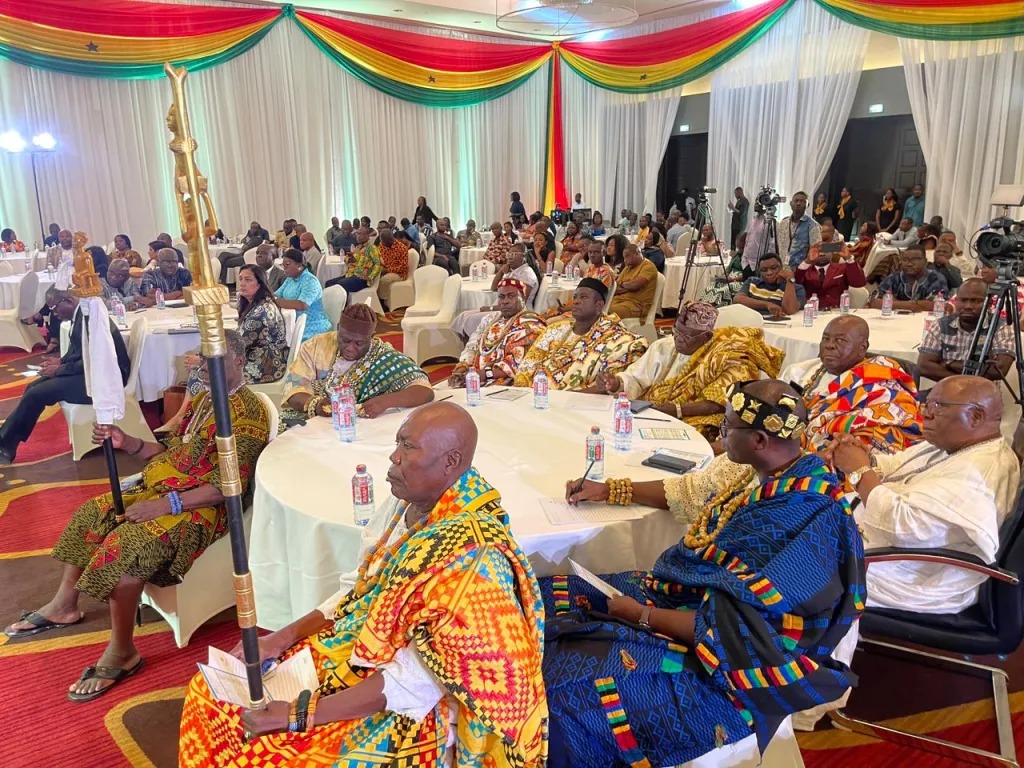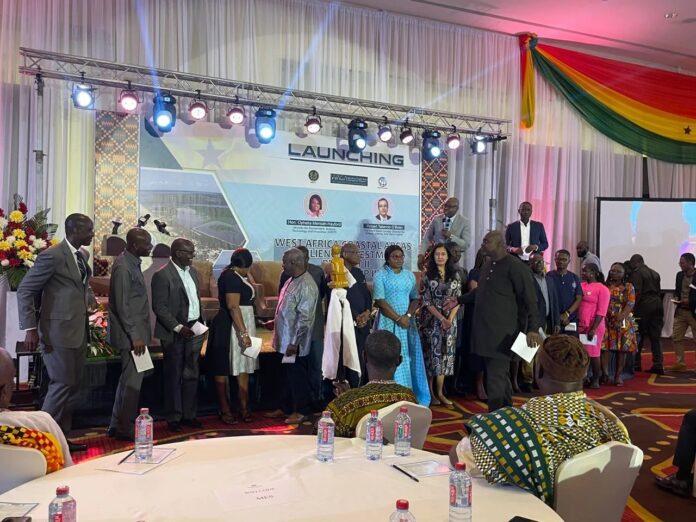Ghana has received a155 million-dollar grant and loan from the World Bank to help restore the country’s degraded coastal areas.
The amount which is under the West Africa Coastal Areas, WACA 2 Resilience Investment Project is to build the resilience of coastal communities in Accra and the Volta region against flooding, erosion, pollution and ecosystem vulnerability nationally and regionally.
In the next five years, eight other West African countries including Benin, Senegal, Mauritania, Gambia and Cote d I’voire will also benefit from a similar project.
The WACA Two project, will enhance the resilience of selected coastal communities in Accra, and the Volta regions, specifically those within the Korle Lagoon, Densu and the Keta Lagoon Complex areas.

Launching the project in Accra, the Minister of Environment, Science, Technology and Innovation, Ophelia Mensah Hayford said the multifaceted approach of the project is designed to strengthen the resilience of targeted communities and areas in coastal West Africa.
She mentioned climatic effects like tidal waves and sea level rise that threaten the physical landscapes and destabilize the socio-economic fabric of coastal communities.
Ophelia Mensah Hayford said the success of the project will depend on the inclusion and commitment of a wide range of local, regional and global partners.
She said the project will leverage on other existing ones to avoid duplication of efforts and resources.
She stated that the current arrangement of individual institutions with specific responsibilities for coastal zone management needs to be revised.
The project, she noted directly responds to Nationally Determined Contributions, NDCs in coastal areas, among the most climate -vulnerable habitats.

The project is being implement with other stakeholders including Civil Society Organizations in coastal management. Kofi Agbogah who chairs the Coastal CSOs forum said the project plugs in by contributing to the policy process at the technical and steering committee levels and engaging all the implementation entities to ensure a value for money project as well as monitoring compliance and accountability.
He stated the “The project will provide expertise in mobilizing, informing knowledge exchange and supporting beneficiary communities with their ground actions and monitoring of project activities.”
The traditional authorities in the communities were not left out since their involvement is key in sustaining the project.

Former Member of Parliament for the Anlo constituency, Clement Kofi Humado, who spoke on behalf of the Awomefia of the Anlo Traditional Area, Togbe Sri welcomed the WACA 2 project since for the past decade his area has suffered the effects of climate change, in the form of tidal waves that have destroyed coast line houses, and loss of livelihoods.
This he observed “has become an existential threat to the present and future development of Anlo. This area also has the biggest Ramsar site in the country that needs to be protected as the area has been suffering from loss of fisheries and migration” adding that the project has come at an appropriate time.
In view of this, the Anlo Traditional Council has set up a technical committee that will ensure the successful implementation of the project in his area.
Naila Ahmed from the World Bank, underscored the commitment of the bank in ensuring that coastal areas in Ghana are protected and resilient for future generation, hence the support with the loan.
The event saw the inauguration of National and Technical Steering Committee members made up of representatives of state institutions, academia and CSOs.


